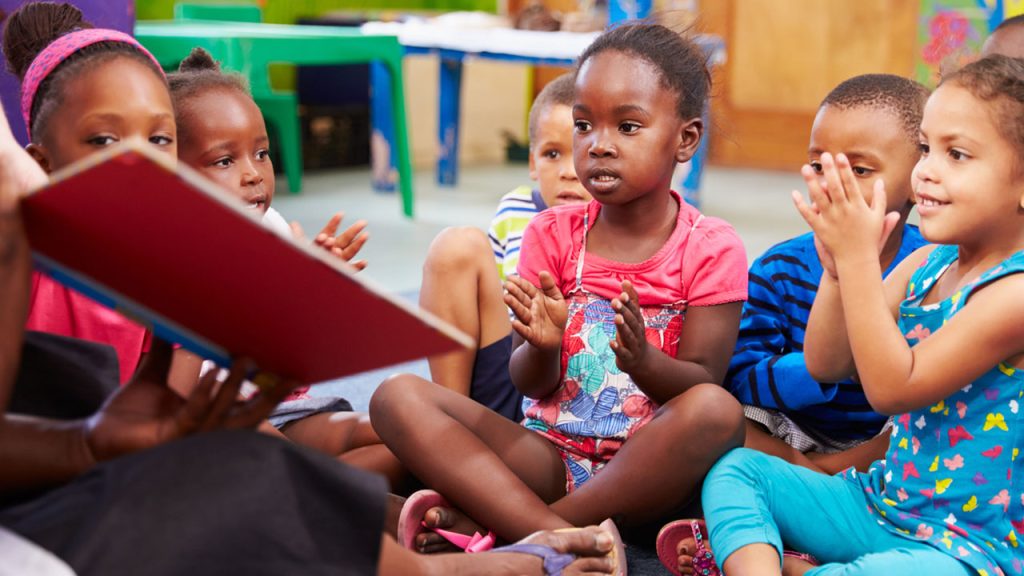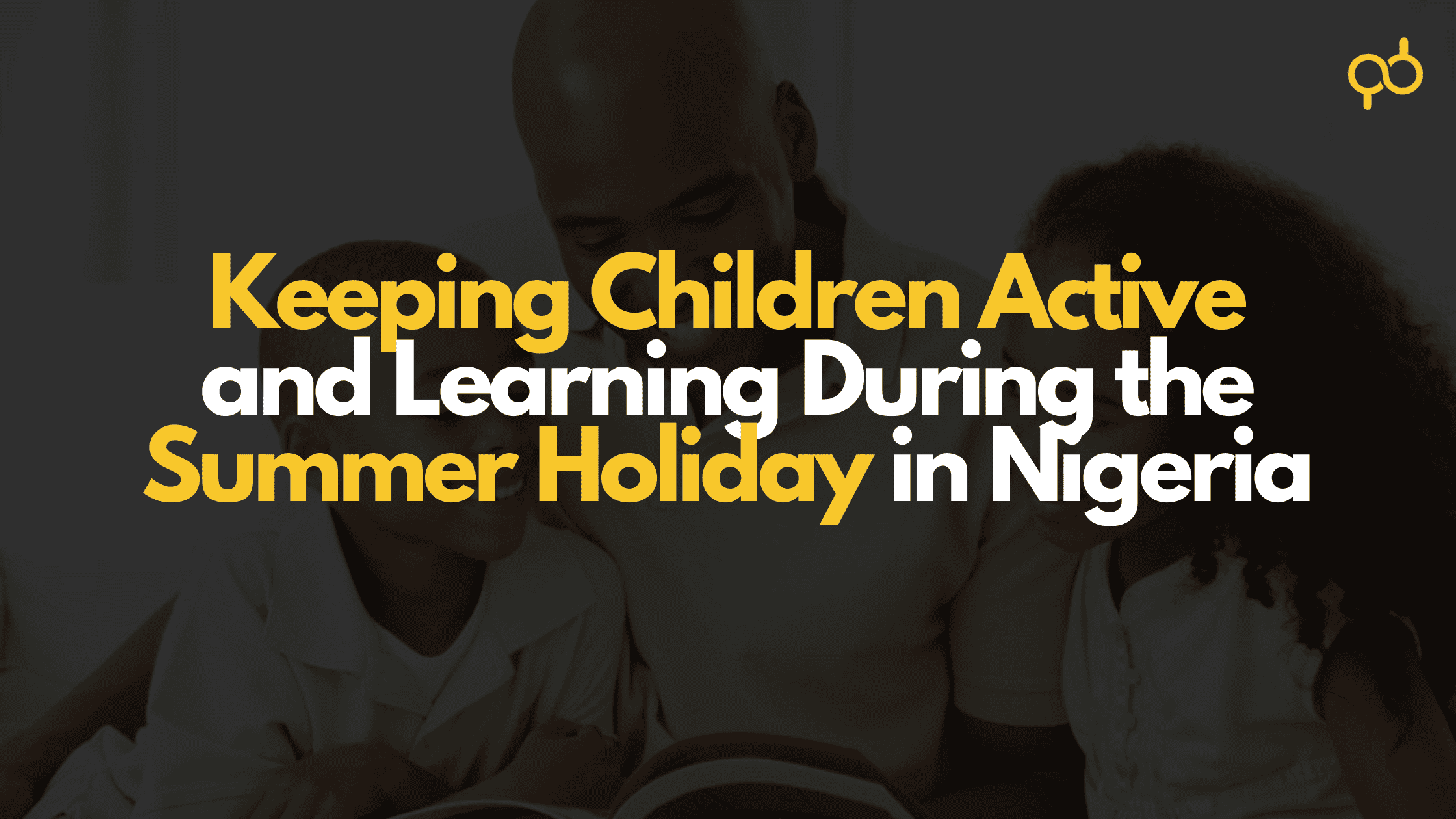As schools in Nigeria begin their summer holidays, parents and guardians often face the challenge of keeping their children engaged and productive during this extended break. While the holiday period is a time for relaxation and fun, it also provides a valuable opportunity for continued learning and development. Here are some tips and activities to keep children active and learning during the summer holiday.
Engage in Educational Activities
1. Reading Programs: Encourage children to read books that interest them. Many local libraries and online platforms offer summer reading programs that reward children for completing books. This helps maintain their literacy skills and fosters a love for reading.
2. Educational Games and Apps: Leverage educational games and apps that make learning fun. Platforms like Khan Academy, ABCmouse, and educational YouTube channels can provide interactive and engaging content that covers various subjects.
3. Science and Art Projects: Simple science experiments and art projects can stimulate creativity and critical thinking. Activities such as building volcanoes, crafting, and painting not only entertain but also teach important concepts in a hands-on manner.
Physical Activities
1. Sports and Outdoor Play: Enroll children in sports camps or encourage them to participate in outdoor games like football, basketball, or cycling. Physical activity is crucial for their health and helps them burn off excess energy.
2. Nature Walks: Explore local parks and nature reserves. Nature walks and hikes are great for physical exercise and offer opportunities to learn about the environment and local wildlife.
3. Swimming: If accessible, swimming is an excellent full-body workout that also helps children cool off during the hot summer months. Ensure safety measures are in place, especially for younger children.

Family Activities
1. Family Game Nights: Board games and puzzles can be both fun and educational. They help develop problem-solving skills, strategic thinking, and family bonding.
2. Cooking and Baking: Involve children in cooking and baking. This teaches them valuable life skills, basic math (measuring ingredients), and the science of cooking. Plus, it’s a fun way to spend time together and create delicious treats.
3. Cultural Outings: Visit museums, historical sites, and cultural festivals. These outings can be educational and broaden a child’s understanding of their heritage and the world around them
Structured Learning
1. Summer Classes: Consider enrolling children in summer classes or workshops that focus on specific interests or areas where they might need improvement. This could include subjects like mathematics, coding, music, or language learning.
2. Tutoring: Hiring a tutor for a few hours a week can help children stay on track with their studies and prepare for the upcoming school year.
3. Online Courses: Numerous platforms offer online courses tailored for children. Websites like Coursera, Udemy, and Code.org provide courses in a variety of subjects from basic academics to advanced skills like programming.

Encourage Responsibility and Routine
1. Chores and Responsibilities: Assigning age-appropriate chores teaches children responsibility and time management. Simple tasks like tidying their room, watering plants, or helping with grocery shopping can instill a sense of duty and independence.
2. Daily Routine: Maintain a daily routine that includes time for learning, physical activity, and relaxation. A balanced schedule helps children know what to expect each day and ensures they have a mix of productive and fun activities.
3. Goal Setting: Help children set achievable goals for the summer, whether it’s reading a certain number of books, learning a new skill, or completing a project. This teaches them to work towards objectives and gives them a sense of accomplishment.
By incorporating a mix of educational, physical, and family activities, parents can ensure their children remain active, and engaged, and continue to learn during the summer holiday. Balancing fun with structured learning helps children return to school refreshed and ready for the new academic year.
